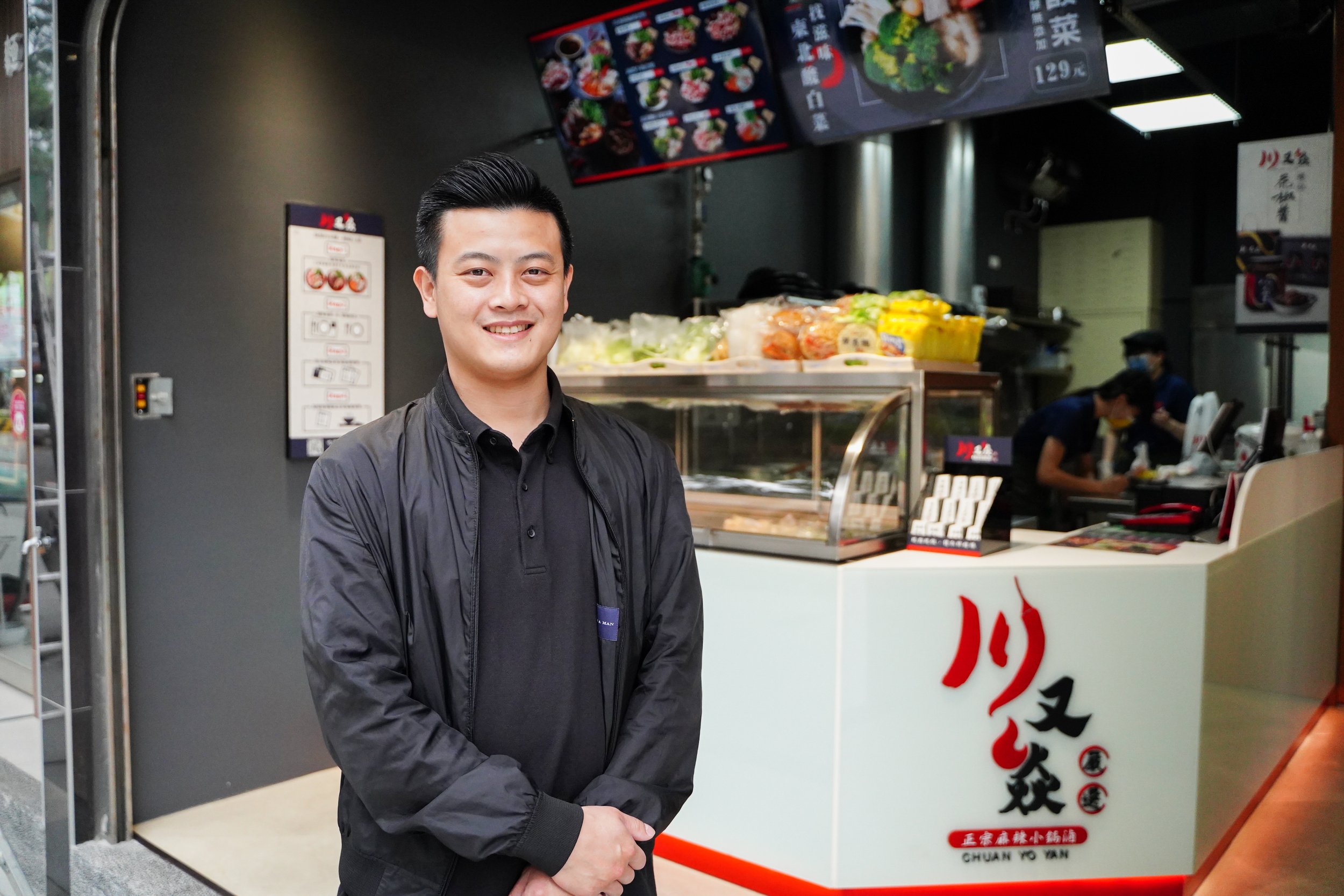What's a Cloud-based POS system?
What is it, does it work as well as a traditional POS system, and does it really make a difference to my business?
What “Cloud” really means
“Cloud” here refers to where your data is stored.
In the past, we bought computers with hard drives where our files were stored. Over time, storage space would be taken up, the computer would slow down and we might have to get an external hard drive.
The “Cloud” is a solution to that problem – now we can back up devices and store files on physical servers (not fluffy floating clouds) located somewhere far away. All we need to do is pay a monthly fee (some services are free with limited storage), and our data is accessible on any device with an Internet connection.
Some examples of cloud services include Google Drive, Apple iCloud, Netflix, Yahoo Mail, Dropbox and Microsoft OneDrive – sound familiar?
People increasingly rely on the Cloud because:
It’s easy to access files
Easy to share files
Can collaborate with other people on the same document
Syncing: Can make edits to a file at home then pick up where you left off at the office
Works with lots of devices such as tablets and smartphones
Less risk of data loss due to virus attacks/ corruption
So… what's a cloud-based POS system then?
Cloud-based point of sale software is the latest trend in POS software and is gaining more popularity every day.
Most Cloud-based POS systems are run on iPads or Android devices, taking up much less space than the traditional or legacy systems which are essentially desktops with the POS software installed. Being so lightweight is makes Cloud POS ideal for Singapore's hawker stalls since space is a constraint.
They have essentially all the same functions as any good traditional POS system, and are easily linked to printers and cash drawers as well.
Instead of all your sales data being stored directly on the traditional hardwired system’s CPU, it is stored in the Cloud and automatically updated through your Internet connection. Because the information is not all stored in a physical terminal, you don’t have to enter all your orders at the cashier point in your restaurant.
Instead you have the option of implementing mobile ordering by equipping your staff with iPads so they can take and send orders to the kitchen directly from any part of the restaurant. This saves them from having to return to the counter with your POS terminal each time they need to input an order – great if you are trying to be manpower lean in a labour-strapped society like Singapore.
Mobile ordering also solves the problem of your terminal only being able to process one order at a time.
If you’re not physically at the outlet and want to check on today’s sales, the data is accessible on any Internet browser; you just need to log in.
Access your data on the Cloud through different devices
Is it better?
That’s for you to decide – Cloud-based POS like iCHEF's typically offer more flexibility if that’s what you’re after. These are some of the pros of going Cloud-based:
- Software updates – your system will be continually upgraded with new features, and syncing it as easily done from anywhere with an Internet connection
- Technology upgrades cause virtually no downtime for your business
- Easy to edit your menu yourself
- Straightforward enough that no specialised support is required
- Any issues related to the service are solved directly by the provider – no third-party vendors required
- Your data is safe in the event of a computer crash or if anything happens to your tablet; data can be easily restored
iCHEF POS runs even when there's no Wifi so your restaurant's operations can continue. Once it's back online, the data is automatically uploaded to the Cloud.
- Start-up costs can be considerably lower because there are usually monthly subscription charges*, instead of an upfront lump sum cost
- Easy to grow and shrink – just add devices
- If you have multiple outlets, all your data is centralised
- Lightweight and mobile; good for pop-up stalls
- Your data is accessible anywhere, 24/7, as long as your have an Internet connection
*Cloud-based POS systems typically charge by subscription, because your service provider has to pay for Cloud hosting (i.e. storage), which incurs a monthly charge. The longer you use your POS, the more expensive it would get for your provider. Check out iCHEF’s unique lifetime fee for a Cloud-based POS system – the only one offered in Singapore. Regardless of how long you use your POS system for, you'll only need to pay a flat fee.
Cheryl Tay is the editor and marketer at iCHEF Singapore. She also manages iCHEF Club, a growing community of F&B owners in Singapore – organising events, an online newsletter and the F&B Entrepreneur Bootcamp, the only regular workshop on opening a new restaurant in the country. In her spare time, she attempts to read every book that’s ever won a literary prize and watches cat videos. Like any proper Singaporean, her love for food runs deep – especially spicy food. Chili is life.

















